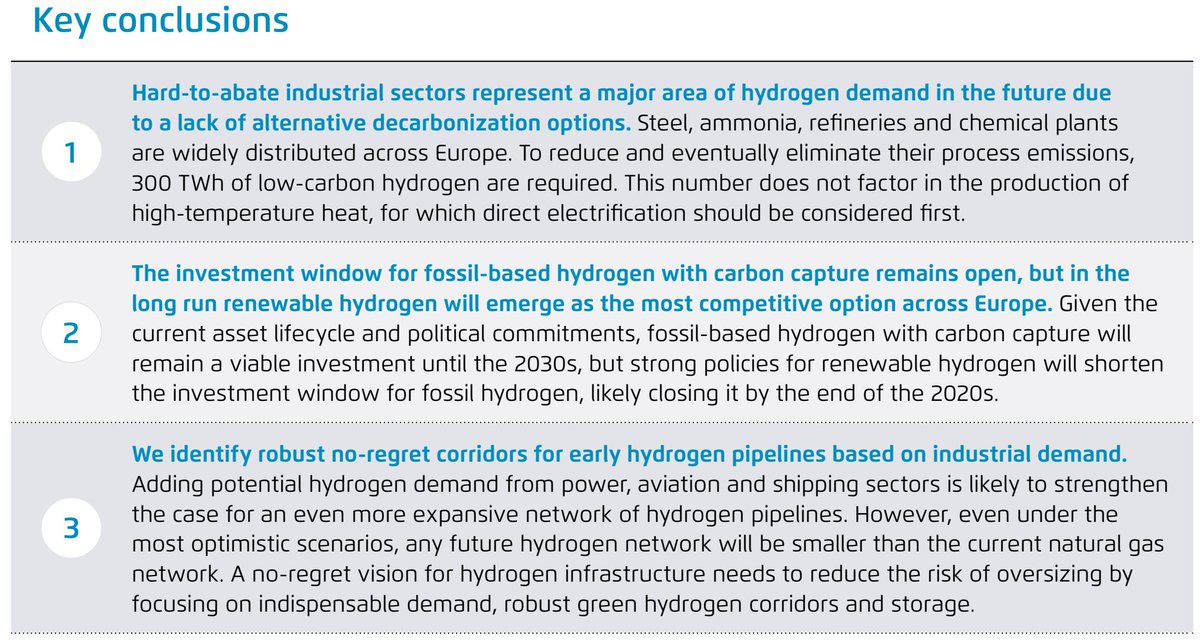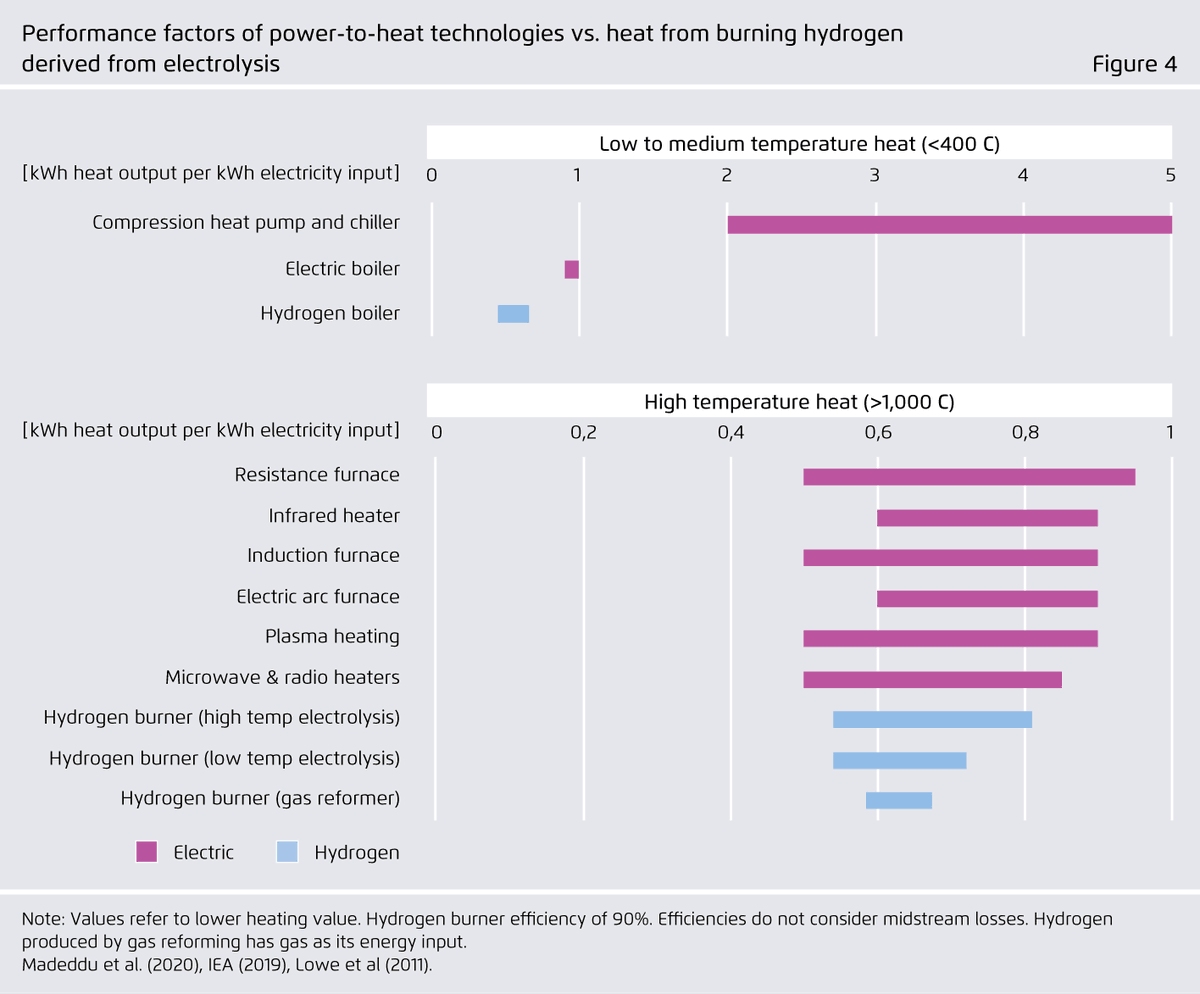1) Bro Splits
Let's start off with the big one.
A natural lifter needs the actual training session to trigger the increase in anabolism that a steroid user will get 24/7.
After a workout, anabolism/protein synthesis is elevated for roughly 30-36 hours.
So training a muscle once a week is sub optimal as you're getting 30-36 hours of enhanced growth out of a 168 hour week.
Whereas if you train a muscle 2-3x per week this goes up to 60-72 hours or even 90-108 hours of enhanced anabolism, leading to faster growth.
Obviously there will be some individual differences here, but as a natural, if you only train a muscle once per week, you're leaving a good chunk of gains on the table.
It's optimal to spread your total weekly volume out across the week by increasing your frequency.
2) Not getting strong
If you get strong on the basic lifts and their variations such as the squat, deadlift, presses, rows and chins, I guarantee your physique will show it.
Take your squat from 225lbs x 10 up to 315 x 10 your legs will be bigger.
Stop fucking around!
3) Trying to emulate pro bodybuilders
Sorry to break it to you, but your favourite bodybuilder is juiced up to the eyeballs and on copious amounts of growth hormone.
Seriously what makes you think you can train and eat like them?
You can't.
4) Too big of a calorie surplus
"Eat big to get big" is another myth that needs to go.
250-500 cals over maintenance levels daily is all that is needed to maximise hypertrophy.
Eating thousands of extra calories will leave you looking like a bloated walrus.
Trust me 😂
5) Not eating enough
You don't want to be a pretty boy show pony who refuses to lose his abs and never progresses in the gym.
There is a balance to eating to fuel growth and not getting too fat.
Find that balance and do it consistently.
6) Too much isolation work
"But I wanna target the upper split in my chest bro"
Less of this bullshit, Hit the heavy basics hard for years.
Take your bench from 185lbs to 315 and I guarantee your chest will have slabs of muscle on it.
7) Wasting money on supplements
All's I'd ever recommend is a protein powder and creatine, even then they're not necessary.
Train hard, get your protein from animal sources, utilise carbs and fats as you see fit and sleep.
That's all you'll ever need.
8) Not training hard enough
Most of your sets should fall in the 0-4 reps in reserve (RIR) mark. Which means 0-4 reps shy of muscular failure.
If you do a set of 10 and you could have done 20, that set is a complete waste of time.
There's no way around training hard!
9) Program hopping
How often do you see a lifter caught between trying to get stronger, bigger and shredded all at the same time?
All the time.
All of these require slightly different approaches if you want to maximise adaptations.
Pick one and run with it.
10) Too much variation
Listen, the body will adapt to the stimulus you provide.
If you’re constantly trying to “shock the body” by changing exercises and rep ranges each week, you are violating rule number one of a successful program which is PROGRESSIVE OVERLOAD.
Set your exercises and rep ranges for a block or two of training and try to increase the load on the bar, complete more sets or beat rep personal records.
Milk the most out of exercise for all it's worth and then switch things out when it becomes stale.
Simple.
The points above are some of the things I've seen and experienced first hand over the years.
There's a lot of bullshit info out there in the fitness industry, and it's my intentions to help inexperienced lifters see through it all.
Here's to a successful year of training! 👊
Start your new year off on the front foot ⬇️
https://t.co/37sHAPapRZ



